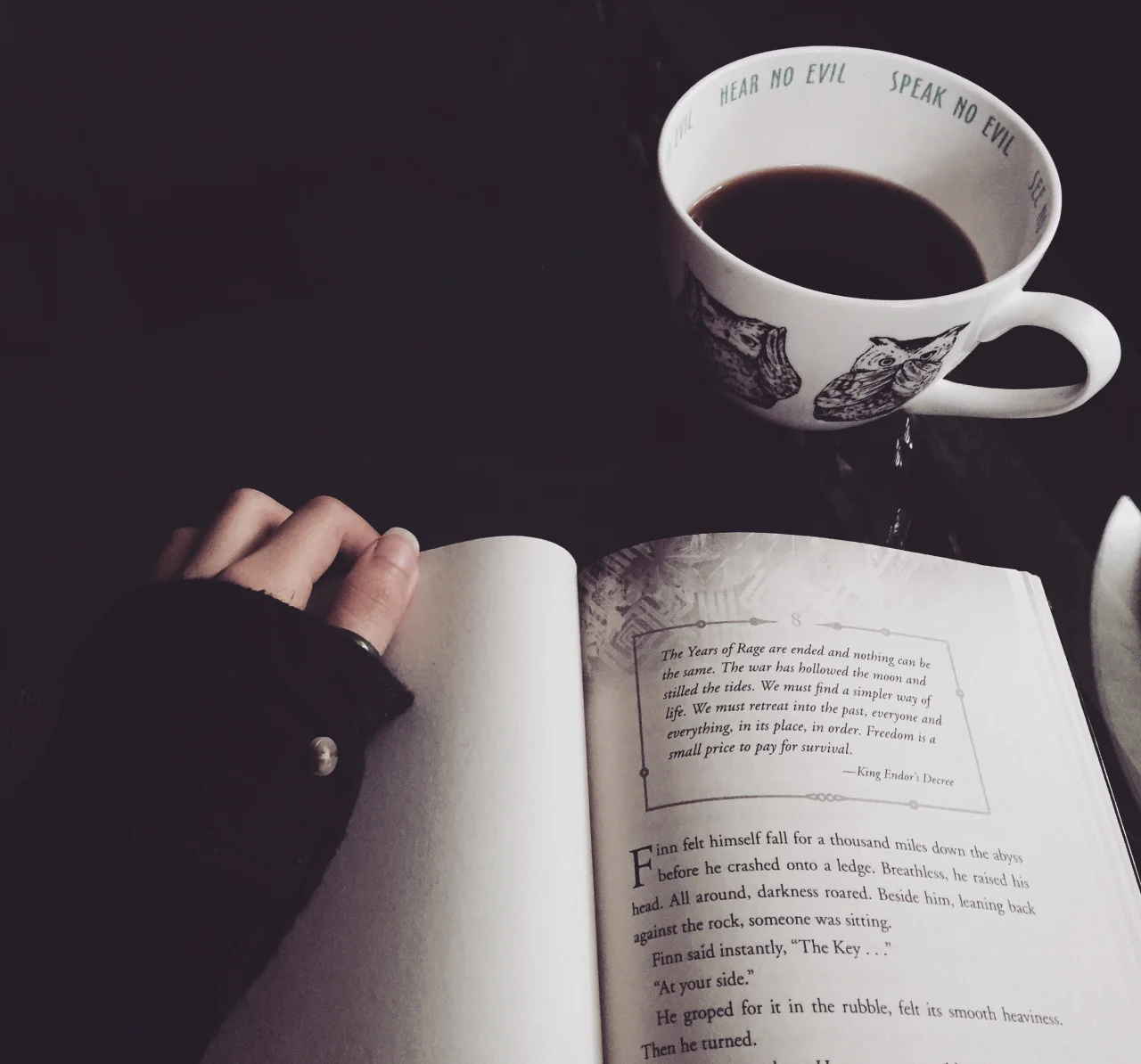Do you ever worry that your writing is bland, monotonous or overly simple? Many writers feel this way, especially if they are producing a lot of content on a daily basis. But how do you make those big projects really shine? How can you dazzle readers with your words and breathe some artistry back into your writing? Here are three ways to help:
Look for Inspiration in Other Writing
You’ve heard this a thousand times, but I truly believe one of the best ways to become a better writer is to become a better reader. You learn so much just following the patterns and styles of other writers. You learn what sort of writing suits you and what you’d like to implement into your own work. Read fiction and nonfiction and poetry. Read anything that sparks your interest, and consume as much of it as possible. Find phrases, analogies and storytelling techniques that you like, and figure out how to craft them yourself. Try listening to audiobooks every now and then to really hear the rhythm of the words spoken aloud. Take inspiration from the great work of others. I mean, we all do it. Even Mark Twain said, “There is no such thing as a new idea. It is impossible. We simply take a lot of old ideas and put them into a sort of mental kaleidoscope. We give them a turn and they make new and curious combinations. We keep on turning and making new combinations indefinitely; but they are the same old pieces of colored glass that have been in use through all the ages.”
Flex Those Literary Muscles
Now that you’ve found your inspiration, it’s time to get to business—or get to art, I guess. Flex your literary muscles, and pull out all the stops. Be sure you’re telling every story in a way that’s effective and will connect with readers. Call in the emotion, and make great use of diction. Don’t forget: figurative language is your best friend! This is what makes people pause after reading a sentence and think, “Wow!” Don’t overwhelm your readers with creative writing, but rather have fun with your descriptions, patterns and rhythm. Make sure your voice is coming through, and write something that you’d love to read.
Let Your Writing Rest
Once you’ve written your masterpiece, don’t be so quick to rush it off to be published. Don’t even be quick to edit and revise it. One of the best things I’ve learned about writing is that it needs time to rest. It’s like when you watch a cooking show and the chef finishes cooking a piece of meat. What do they always say? Let it rest before you cut into it. I’m no chef, but I do know a thing or two about writing and that’s a pretty solid rule to follow. Cut back into a piece of writing too soon, and you’ll lose all the good stuff—or worse, you’ll miss all the bad stuff. As soon as I’m done with a piece of writing, I’ll save it on my computer, close the document and leave it closed for at least 24 hours. Then, when I come back to it, I have fresh eyes to edit and make any necessary changes. I can shave down my filler words and make it more concise. I can make sure my writing packs a punch every time.
Great, effective writing is not always easy to do. A lot of times, we have to put great thought and work into making our writing sound effortless. We have to keep molding it to make something that will touch people—because that’s the point, right? Maya Angelou said, “Write so that people can hear it and it slides through the brain and goes straight to the heart.” How do you bring more artistry to your work?



















